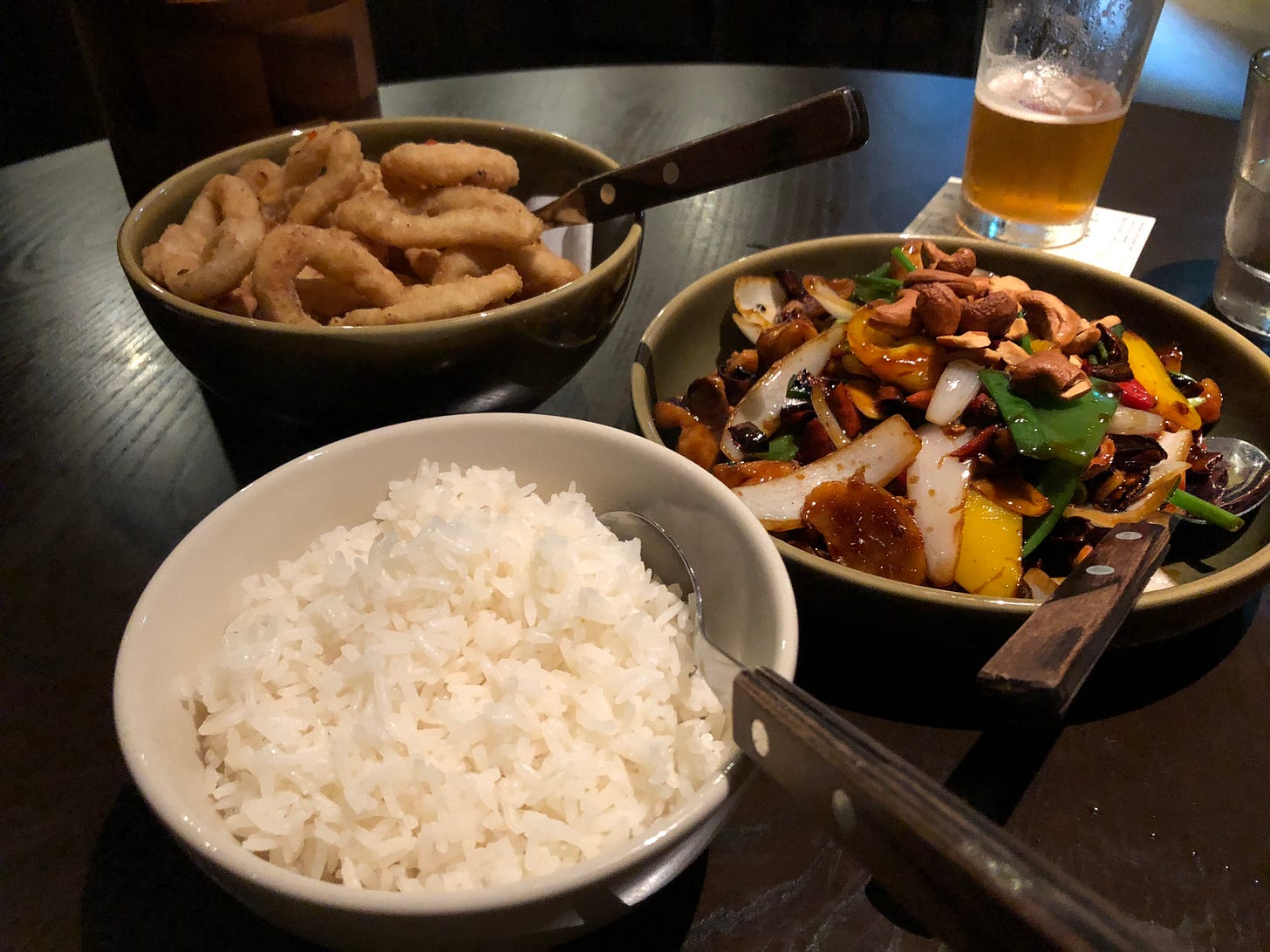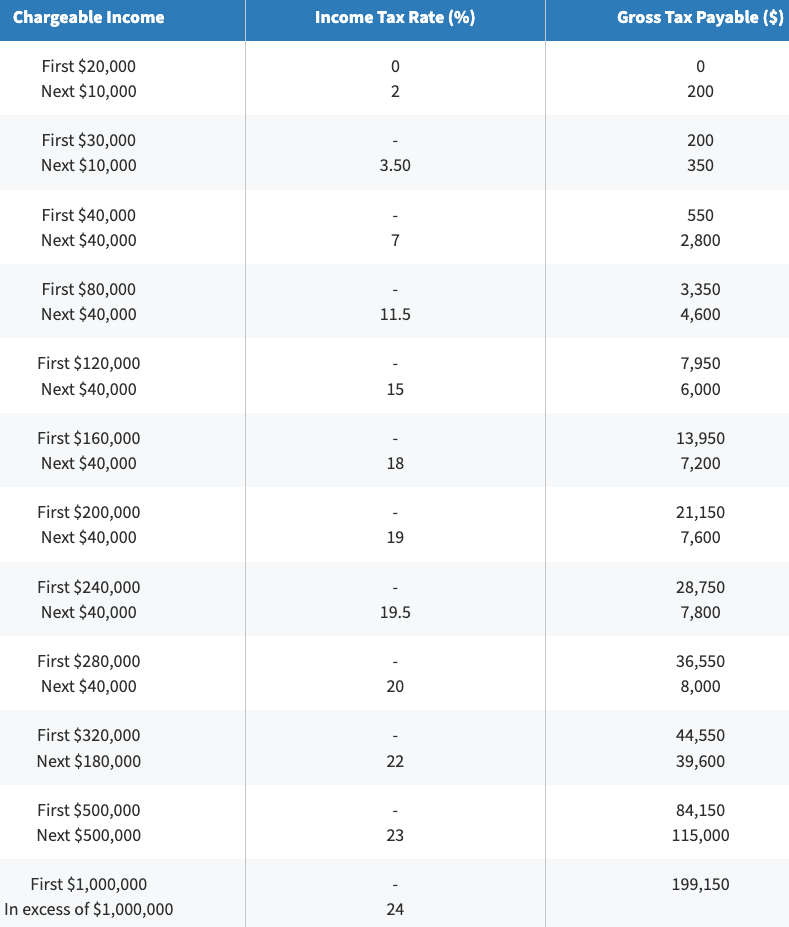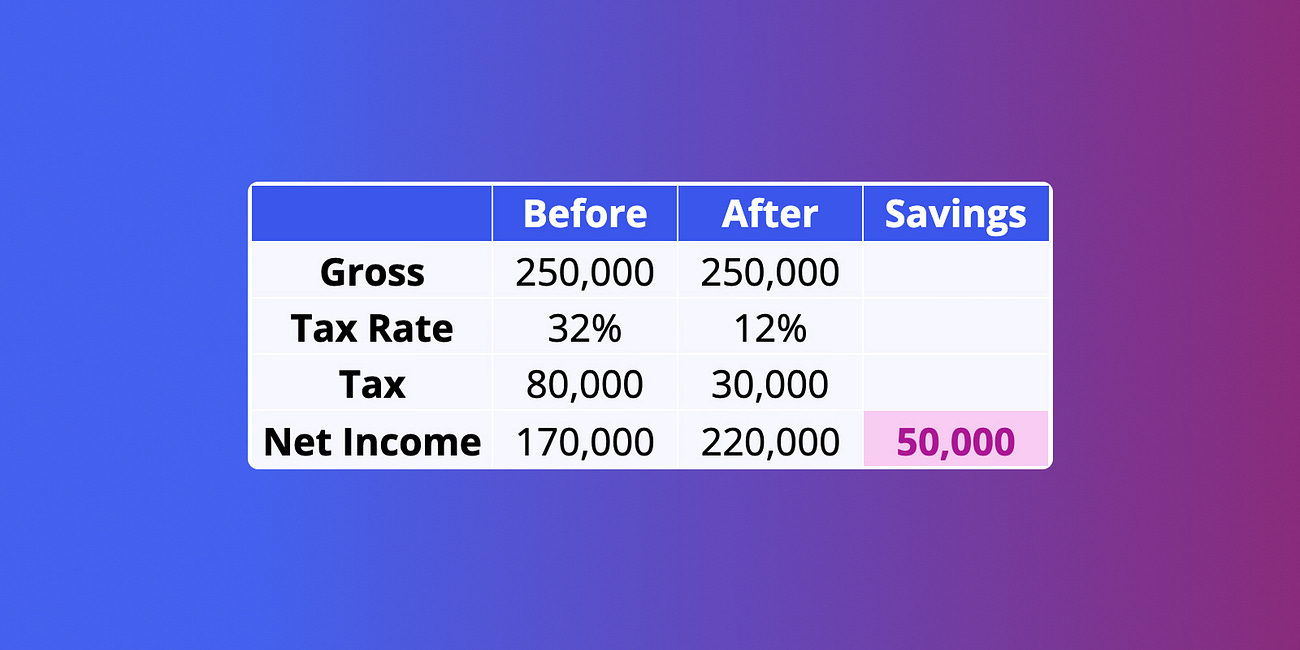What if you moved to Singapore, checked groceries, and found that it was not too expensive?
You even know a local who says it’s pretty cheap, and he’s only spending 4k/month.
Let’s say that informed your move. You’ll hit the ground and realise it is cheap.
Except for your Western diet.
If you want to continue eating yoghurt or steak, that will cost you.
You'll be fine if you eat what the locals eat—local veggies, pork, chicken, eggs, and rice.
In this third piece of my Expat series, I want to uncover what I’ve learned about Cost of Living in different countries.
Where to start?
What makes up the cost of living?
(source)
The above stats are from Numbeo, a great source for starting your research. It lets you compare countries and cities, filter by specific expenses, and rank countries using indexes.
It breaks expenses down into
Restaurants
Markets
Transportation
Utility
Sports and Leisure
Childcare
Clothing and Shoes
Rent
I’ve been using it for every move.
But it’s not the only tool you should use. The data could be outdated or very specific, and it might not know about your lifestyle and circumstances.
I want to break this into the most common expense categories and share what I’ve learned.
Groceries (Numbeo calls this Markets)
Rolling pastures, large herds of free-roaming cattle and $20 for a block of factory cheese.
Welcome to New Zealand.
Contrary to what we had thought, cheese and dairy products are expensive. It seems like a lot of the dairy here is sent to China.
(source)
So, how do you figure this all out upfront?
We typically work through this in different ways.
Sometimes, we go to the local supermarket websites and compare how much more expensive a basket of stuff we buy is.
This will uncover some of the issues described above. For example, if Yoghurt is 10x more expensive, you will find out here.
However, there is so much nuance in this topic.
Having lived in Australia for the last five years, we are spoilt with cheap grass-fed beef. Imported grain-fed beef from a different country might look cheap, but when you move and are used to the good stuff, it might not be available or costly.
Similarly, when comparing Australia to Germany. Australia does have cheese and even produces it. But if you want the good stuff, you’re bound to a small selection of imported cheese that is very expensive.
You’ll say the locals live there too and must be surviving, and that is true.
But think about the process and your routines.
I've lived in Western countries for most of my life. I know how to cook Western meals, and I enjoy eating them. I know which ingredients to pick, etc.
It will take time and dedication to perfect Chicken Rice or Souvlaki to the level of your Goulash.
If you want the local cost of living, you have to blend in fully.
The more exotic country you move to, the more of a change this will be.
Exploring different cultures and cuisines is exciting, but your time is limited if you work and have kids to look after.
Initially, you’ll most likely spend more money on eating out, so have that covered.
TL;DR: People in different countries eat different foods. Ensure you are ok with spending more on special food or adapting to a local diet.
Housing
When you move to Singapore, you’ll likely do some napkin math on your net income based on the super low tax rate (~24% tops).
You start thinking about all the extra savings or what you can buy.
Similar to Sydney, where the income levels are quite high.
But wait until you find out what the rent is.
In Singapore, expats pay much more—so much that it can make up a much larger portion of their expenses than elsewhere.
That’s simply a reality you have to factor in. In most cases, if you get paid more or taxed less, there is a reason for that.
Generally, expats live a little differently than the locals—except maybe for Western countries such as Canada, Australia, Germany, and New Zealand.
Also, don’t underestimate the climate and the associated costs.
Singapore is hot and humid year-round. You’ll likely have an aircon running.
Germany has a long cold winter and you won’t make it without heating. It will cost you.
TL;DR: High income and low taxes usually mean that housing is expensive.
Taxes
These are a part of your cost of living. I’ve explored this topic in depth here:
Expat Series: Moving For Taxes
Have you ever thought about buying a one-way ticket and moving somewhere new and exciting?
TLDR: don’t move just for taxes. There are many hidden costs and intricacies. Taxes are complicated.
Healthcare
There will be two scenarios:
Healthcare in your destination country is better.
Healthcare in your destination country is worse.
If it’s better, good. But that also means you will likely have to live with additional taxes or general costs.
If it’s worse, you will need additional insurance to cover you for whatever standards you are used to.
The healthcare you will get in a country also depends on your residency status.
In Australia, as temporary residents, you are not part of the public healthcare scheme.
The private insurance that covers you is very cheap, though.
Our first child was born while we were covered under private insurance, and we got special treatment, which was nice.
TL;DR: Quality matters. Can you go local or want private?
Transportation
As a young adult without kids in Singapore, you don't need a car. However, if you have kids and need to haul around toys and prams to different playgrounds, public transport can get quite annoying.
Cars are extremely expensive due to high taxes in Singapore.
Do you need a car? Can you afford to take a taxi everywhere?
Other places like New Zealand or Cyprus don’t work without a car; you’ll have to get one. Public transport isn’t an option.
Locals live here too, so cars are not expensive here.
TL: DR: People might be getting around very differently.
International Goods
Don’t take anything for granted.
We move a lot, so our lifestyle is not to attach ourselves to anything, and we generally do not own too much.
For furniture, we always try to buy second-hand.
If that’s not an option, Ikea is the best bet.
Ikea's quality is not great, but at least everyone knows what you get, so the resell value is quite good.
Most countries have an Ikea, except New Zealand (coming in 2025)!
If you have any specific things you like buying or favourite stores you can’t live without, make sure to check alternatives and prices.
TL: DR: Is there anything you can’t live without?
Visa and residency cost
You'll likely need a business to live in Cyprus and benefit from low taxes.
That business needs to be set up and maintained, and accounting and taxes need to be done. Because the bureaucracy is insane, you’ll need an agent to do it all for you.
This can easily cost you a couple of thousand / year.
In other countries, such as Thailand or Malaysia, getting a residency visa alone can cost quite a lot.
TL: DR: You need a visa, which can be quite expensive or burdensome to set up.
Kids
Whether you have some or you plan to.
In Singapore, we were planning to have kids, but our health insurance had a one-year period where they wouldn’t cover us for a birth.
Other things that can vary wildly between countries are daycare or school costs, as well as the level of education you want and can get your kids into.
Your support or access to schools will sometimes depend on your visa.
So, if you can’t send your kids to public school or don’t want them to attend one due to the poor education system, you’ll have to opt for a private school, which can be expensive.
Wrapping Up
DYOR, but also be flexible for uncertainties. Don’t budget the whole adventure in a way that leaves you no room for a little higher costs.
I discussed this in Know Before You Go. You must be ready to embrace the adventure.
Be flexible enough to reverse course if things don’t work out.
We’ve always found navigating this quite interesting, from switching our diet from meat to fish in Cyprus to trying out all sorts of other local produce in the different places we lived.
The main takeaway from cost of living is that the locals live there, too.
So whenever you see yourself spending exorbitant amounts of money, think about what the locals would do.
Here are some additional takeaways:
Adaptation Matters: Local food and products are affordable, while imported or specialty items typically dramatically increase costs.
Housing Expectations: High-income or low-tax locations (like Singapore) often have significantly higher rent, lowering some financial advantages.
Healthcare Reality Check: Healthcare quality varies greatly, and additional insurance costs should always be considered.
Lifestyle Flexibility: Embrace local habits where possible and prioritise adaptability in your budget.















Wow, I really enjoyed this post, and the insights contained. Thanks for helping to break down the economics of living abroad. I've saved the rest of your series and I'm going to work my way through it!